Should there be a legal obligation to act as a good Samaritan?
The moral and political maze of helping strangers in need

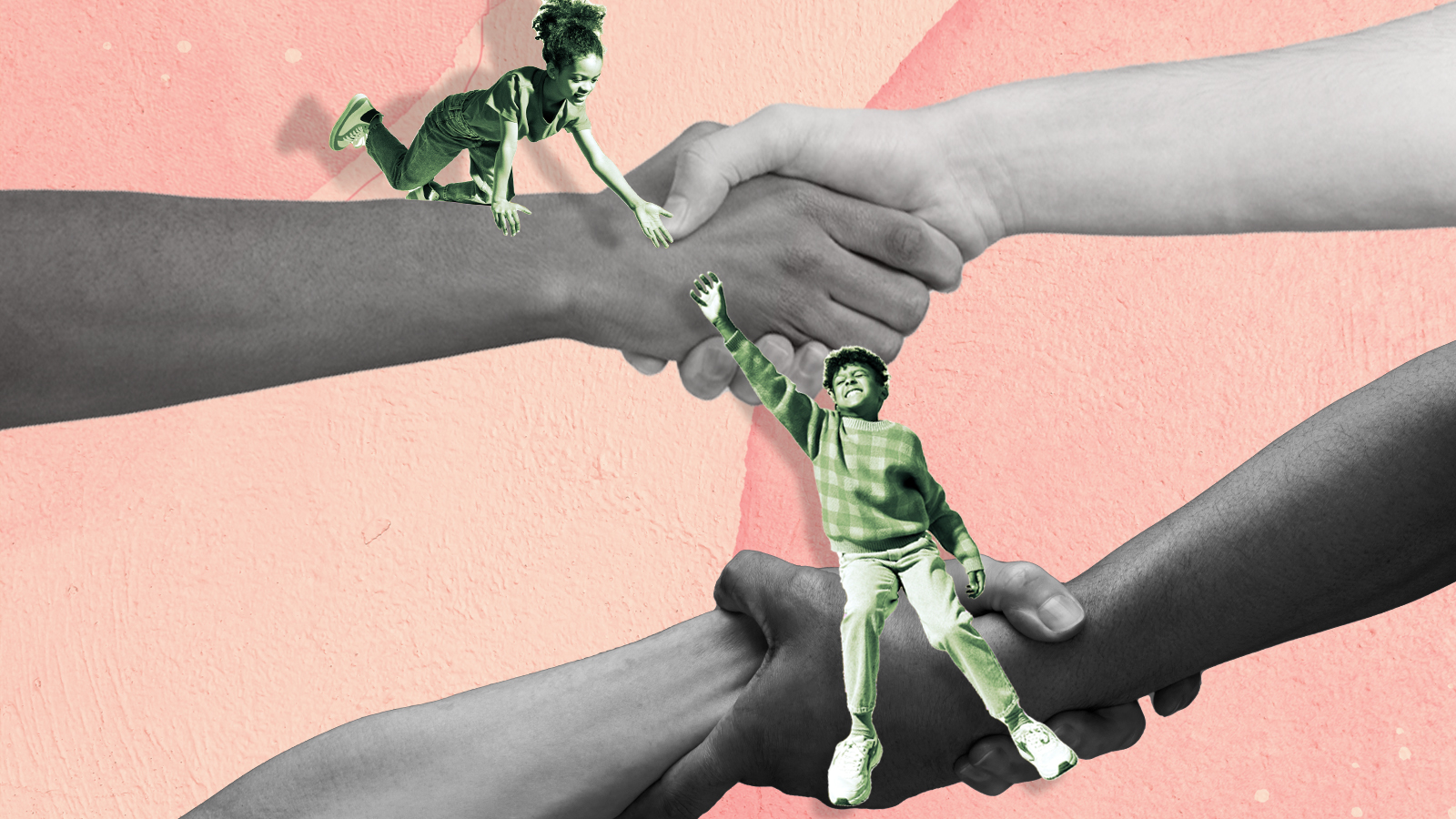
A free daily email with the biggest news stories of the day – and the best features from TheWeek.com
You are now subscribed
Your newsletter sign-up was successful
Racial tensions ignited in New York City recently after a 30-year-old homeless Black man named Jordan Neely was choked to death in a subway car while allegedly suffering a mental health crisis. The man who restrained Neely, Daniel Penny, was charged with second-degree manslaughter, and is facing up to 15 years in prison.
Neely's death raised a question: Should bystanders — such as those who were in the subway car while Neely was attacked — be legally obligated to step in and act as good Samaritans during a confrontation? At least 10 people observed Neely being held down, The New York Times reported. Video of the incident showed one man telling Penny he was "going to kill" Neely, but that man did not appear to intervene, and neither did anyone else. State law did not require them to, the Times noted.
"No U.S. state explicitly requires civilian strangers to physically intervene when they see an adult in danger, though some impose a duty to report wrongdoing and two set an ambiguous standard of rendering assistance," the Times added. There has been an overall spike in violent crime, specifically murders, in the past few years, FBI data shows. As violence increases, the Times said, "the value of [good Samaritan] legislation has been debated."
The Week
Escape your echo chamber. Get the facts behind the news, plus analysis from multiple perspectives.

Sign up for The Week's Free Newsletters
From our morning news briefing to a weekly Good News Newsletter, get the best of The Week delivered directly to your inbox.
From our morning news briefing to a weekly Good News Newsletter, get the best of The Week delivered directly to your inbox.
Samaritan laws can save lives — but need fixing
Some people may not get involved in an emergency if they fear getting in trouble with the law themselves. While most good Samaritan laws provide legal immunity for people who call for help, "studies find that fear of arrest is a common barrier to calling 911 ... and that those with knowledge of their state's good Samaritan law are more likely to call for help," wrote Amy Bush Stevens for the Columbus Dispatch.
In Ohio, for example, the state's laws are "riddled with limitations and complexities that render it almost useless." The laws should be altered to ensure people have "the ability to call for help without fear of being caught up in the criminal justice system," Stevens added, noting that "a simplified good Samaritan law would save lives."
Even in online spaces, digital users "should be held criminally accountable for failing to report specified violent offenses of which they are aware," Zachary Kaufman wrote for the Boston College Law Review. There should also be changes, Kaufman added, because many laws requiring a "duty to report," such as in cases of sexual assault, "arguably apply only to witnesses who are physically present, which limits their potential effectiveness today."
Samaritanism has been hijacked
The idea of good Samaritanism has actually allowed vigilantism to thrive, with someone like Neely "framed not as a citizen with rights worth respecting but as a dangerous nuisance who deserved his fate," Jamelle Bouie wrote for the Times. The phrase "has come to mean any person who helps someone else in distress, but the parable of the good Samaritan is a little more complicated."
A free daily email with the biggest news stories of the day – and the best features from TheWeek.com
While most good Samaritans wouldn't "use lethal force or act as a vigilante in defense of order," the possibility that others would "is evidence enough of a sickness that festers in too many American hearts," Bouie added.
Justin Klawans has worked as a staff writer at The Week since 2022. He began his career covering local news before joining Newsweek as a breaking news reporter, where he wrote about politics, national and global affairs, business, crime, sports, film, television and other news. Justin has also freelanced for outlets including Collider and United Press International.
-
 Quentin Deranque: a student’s death energizes the French far right
Quentin Deranque: a student’s death energizes the French far rightIN THE SPOTLIGHT Reactions to the violent killing of an ultra-conservative activist offer a glimpse at the culture wars roiling France ahead of next year’s elections.
-
 Secured vs. unsecured loans: how do they differ and which is better?
Secured vs. unsecured loans: how do they differ and which is better?the explainer They are distinguished by the level of risk and the inclusion of collateral
-
 ‘States that set ambitious climate targets are already feeling the tension’
‘States that set ambitious climate targets are already feeling the tension’Instant Opinion Opinion, comment and editorials of the day
-
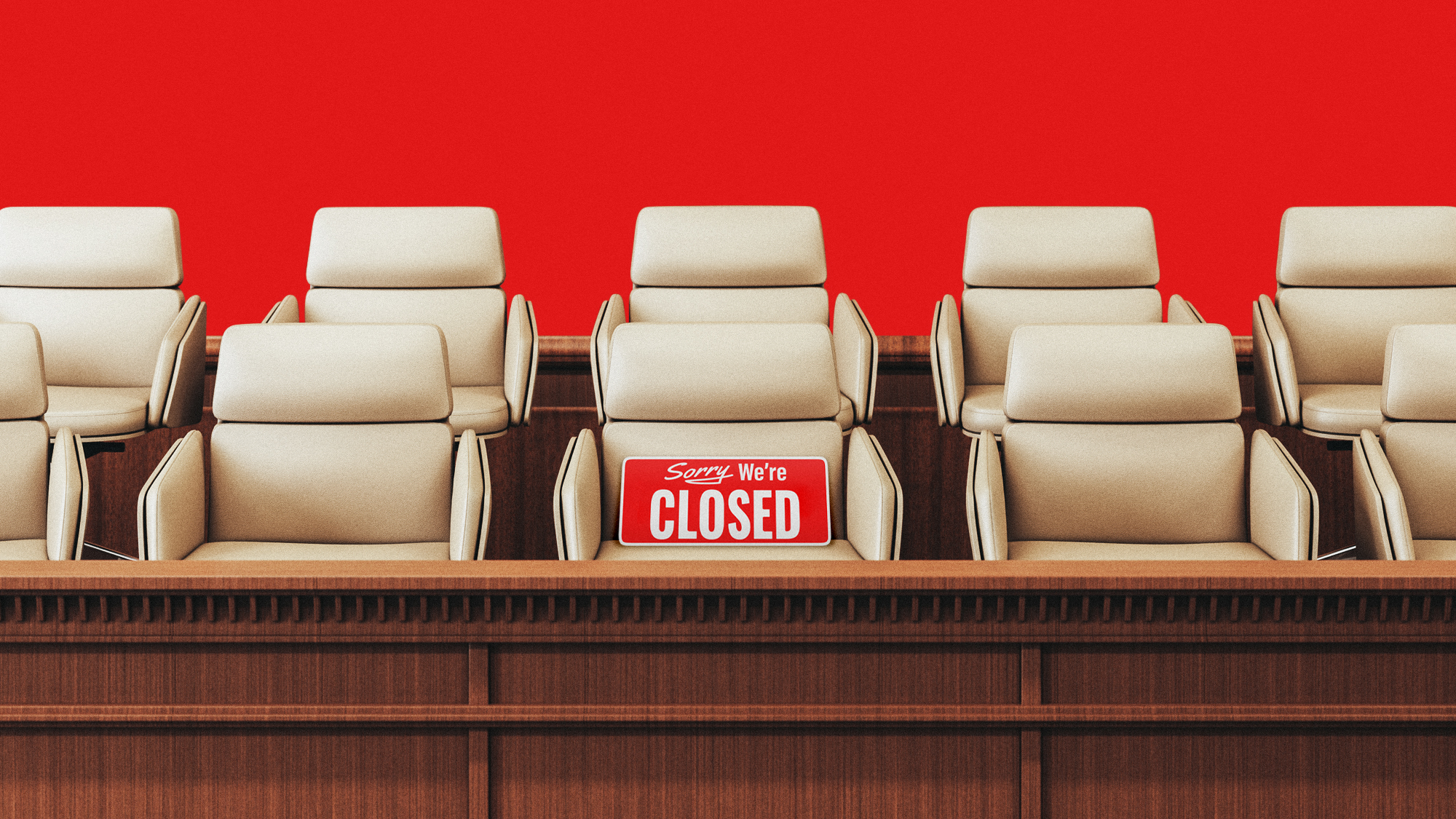 The countries around the world without jury trials
The countries around the world without jury trialsThe Explainer Legal systems in much of continental Europe and Asia do not rely on randomly selected members of the public
-
 The Supreme Court case that could forge a new path to sue the FBI
The Supreme Court case that could forge a new path to sue the FBIThe Explainer The case arose after the FBI admitted to raiding the wrong house in 2017
-
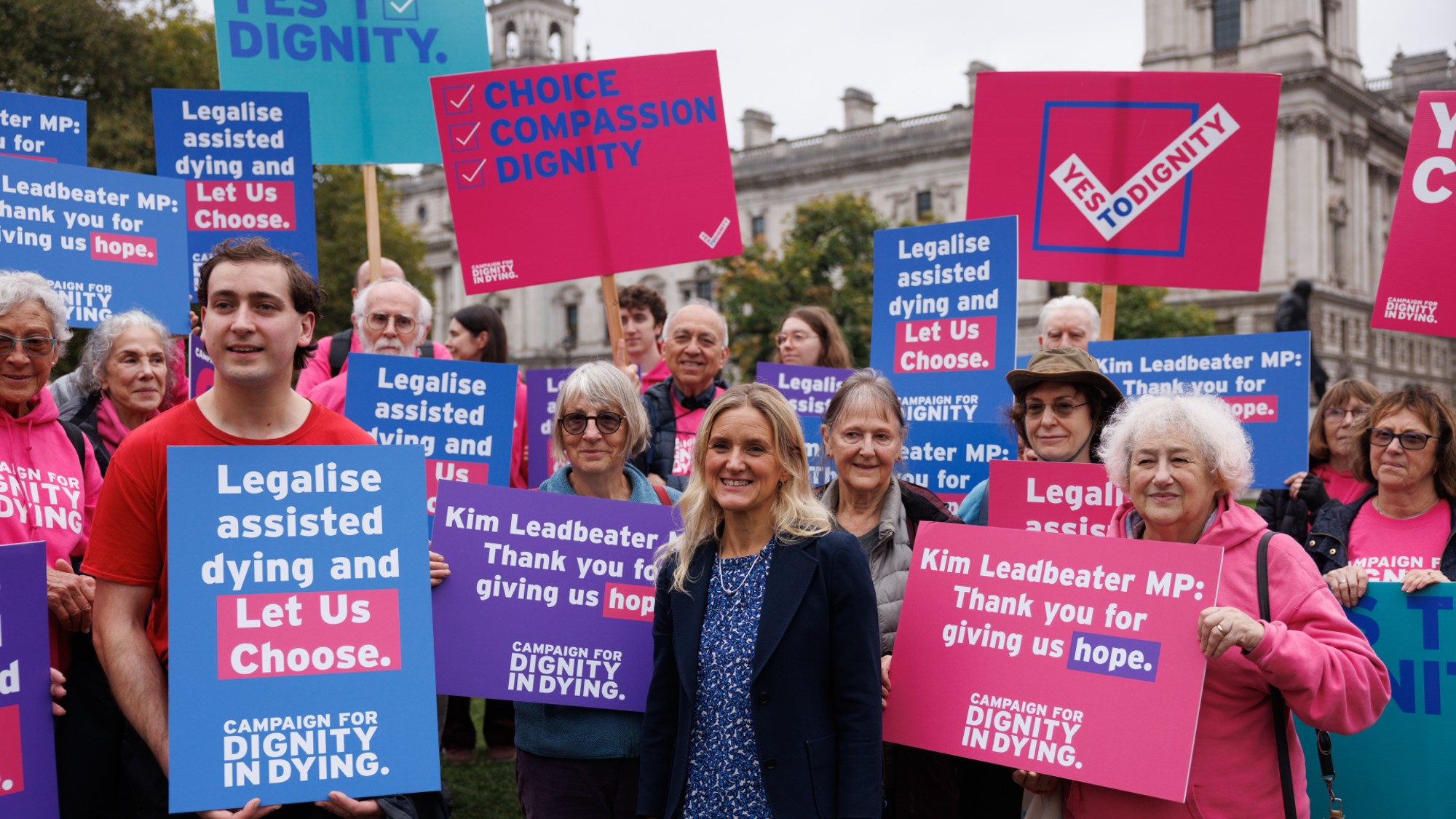 How would assisted dying work in the UK?
How would assisted dying work in the UK?The Explainer Proposed law would apply to patients in England and Wales with less than six months to live – but medics may be able to opt out
-
 Assisted dying: will the law change?
Assisted dying: will the law change?Talking Point Historic legislation likely to pass but critics warn it must include safeguards against abuse
-
 Swearing in the UK: a colourful history
Swearing in the UK: a colourful historyIn The Spotlight Thanet council's bad language ban is the latest chapter in a saga of obscenity
-
 The EU's landmark AI Act 'rushed' out as countdown begins on compliance
The EU's landmark AI Act 'rushed' out as countdown begins on complianceThe Explainer 'We will be hiring lawyers while the rest of the world is hiring coders' – Europe's warning about new AI legislation
-
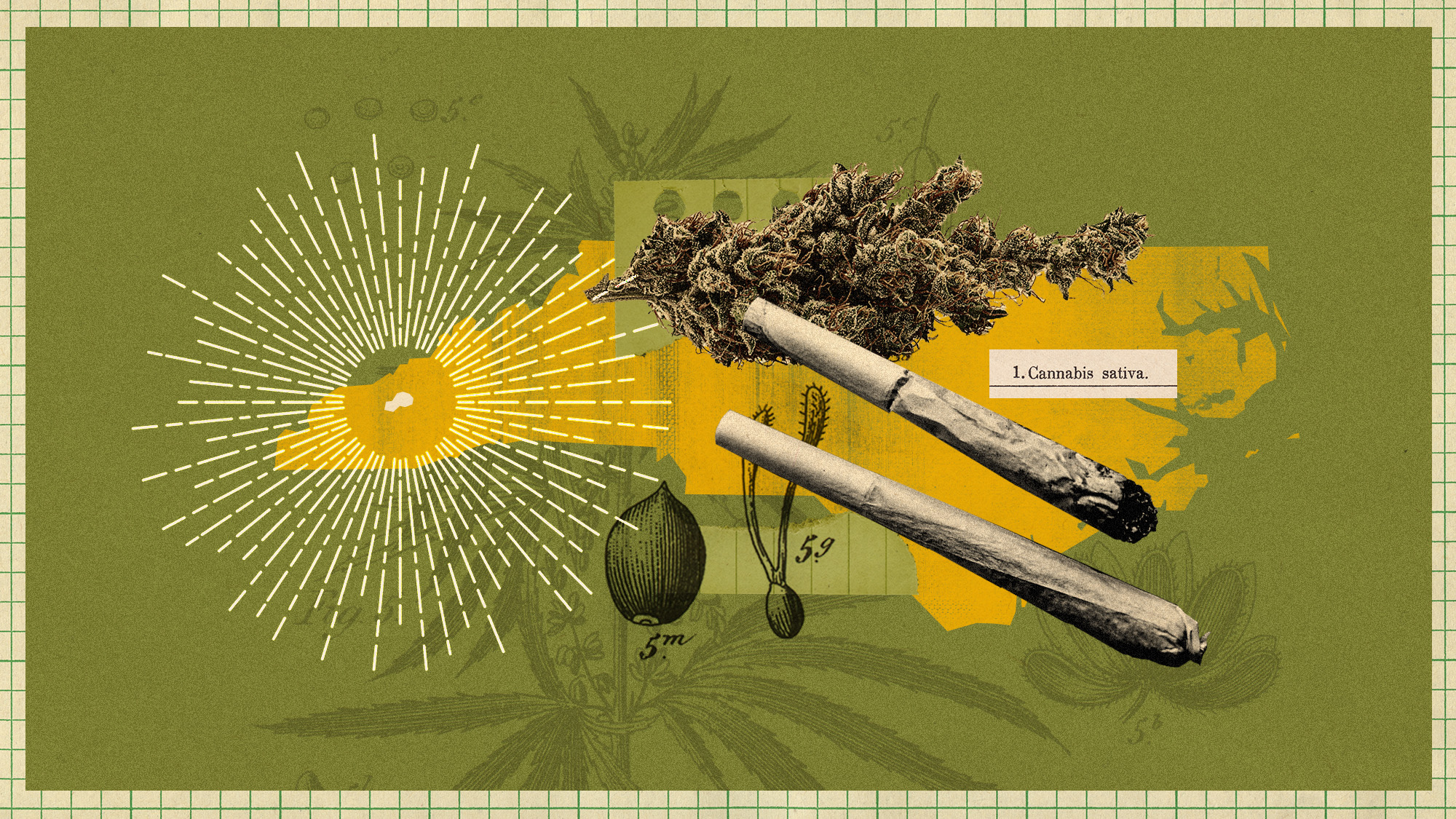 How a Cherokee tribe used tribal sovereignty to open North Carolina's only legal cannabis dispensary
How a Cherokee tribe used tribal sovereignty to open North Carolina's only legal cannabis dispensaryUnder the radar The tribe has plans to open sales to any adult in the state, even though the drug is still illegal there
-
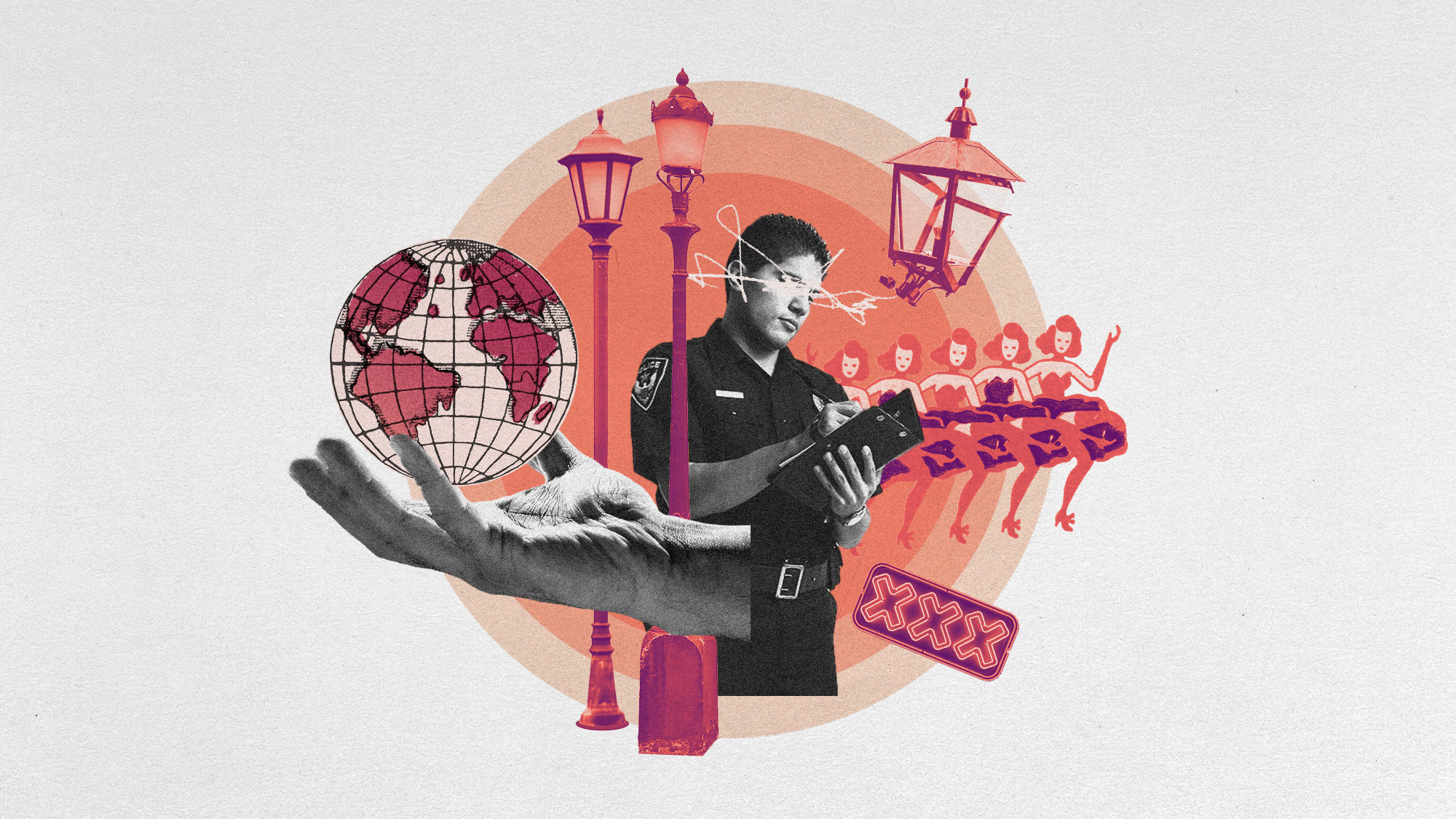 The state of sex work legalization around the world
The state of sex work legalization around the worldIn Depth The world's oldest profession has come a long way, but some say it is not enough
